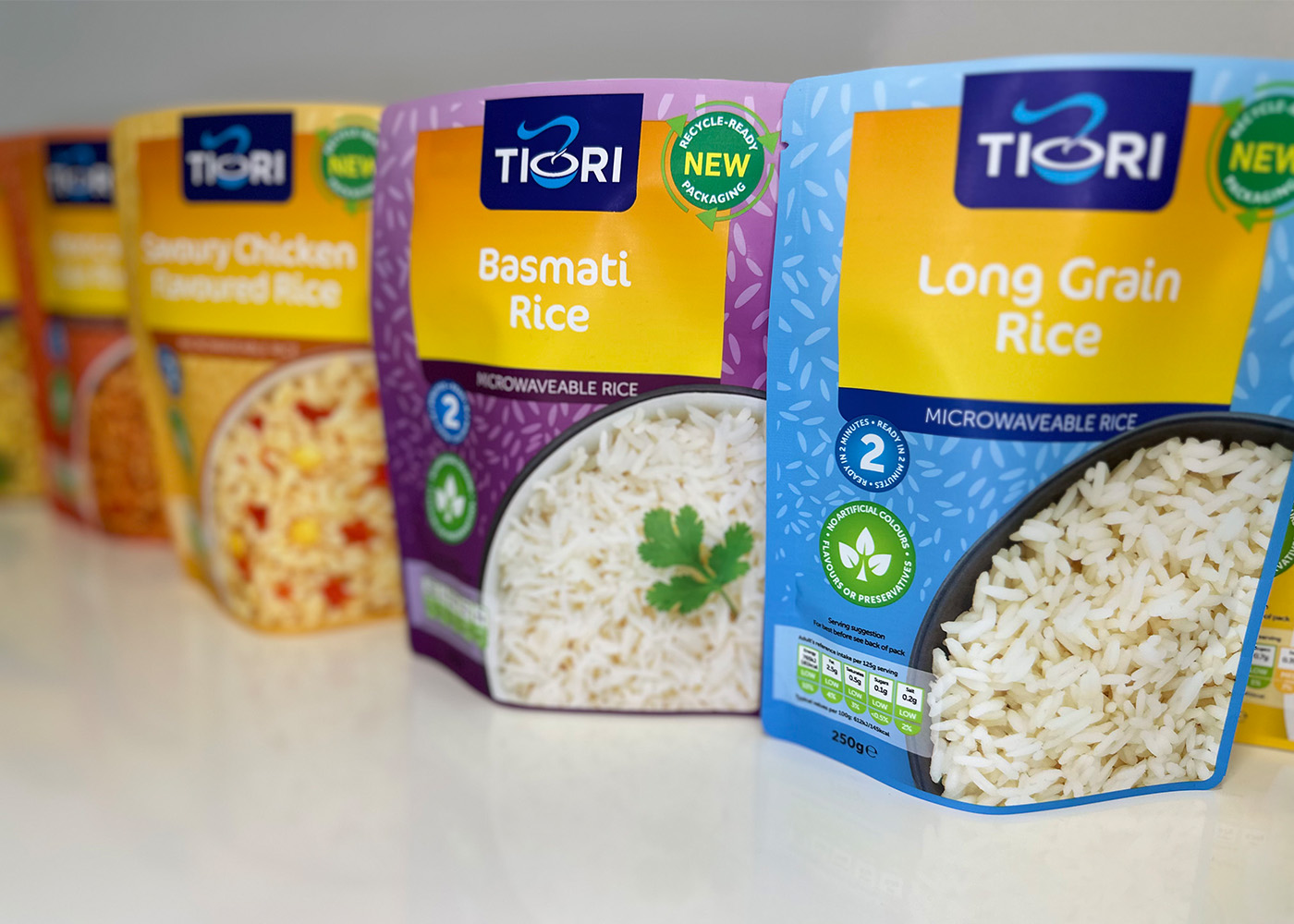
The flexible packaging industry is experiencing a surge in growth driven by innovative sustainable practices and materials. As consumer demand for environmentally friendly packaging solutions continues to rise, manufacturers are adapting to the evolving landscape, embracing eco-friendly options without compromising functionality.
Leading packaging companies are investing in research and development to introduce novel materials that reduce the environmental impact of flexible packaging. Bio-based films derived from renewable resources, such as plant starches and cellulose, are gaining prominence as viable alternatives to traditional petroleum-based plastics. These materials offer similar levels of flexibility, durability, and barrier properties while being biodegradable or compostable.
Furthermore, recycling technologies tailored for flexible packaging are becoming more sophisticated. Companies are collaborating with waste management systems to enhance the collection and recycling of materials like multilayer films, which have historically posed challenges due to their complex composition. Innovations in chemical recycling and compatibilization are enabling the recovery of materials that were previously considered non-recyclable.
Consumer awareness and government regulations are also pushing the industry to embrace sustainable practices. Many companies are adopting “circular economy” models, designing packaging with end-of-life considerations in mind. Extended producer responsibility (EPR) programs are being implemented in various regions, requiring manufacturers to take responsibility for the entire lifecycle of their packaging products.
As the flexible packaging industry continues to evolve, it is expected that sustainability will remain a central focus. With the implementation of novel materials, recycling technologies, and responsible business models, the industry is well-positioned to meet consumer expectations while minimising its environmental footprint.

